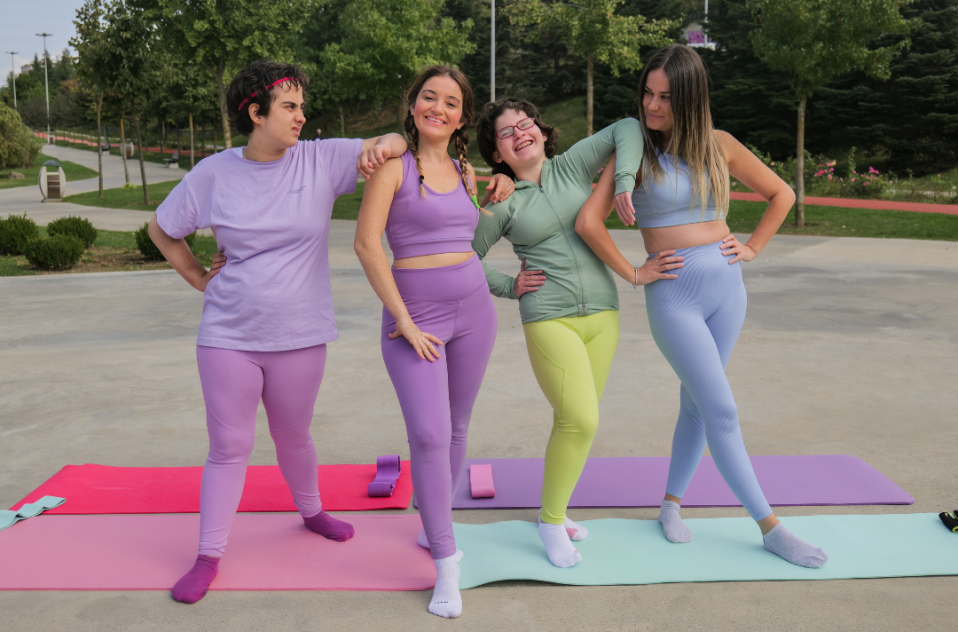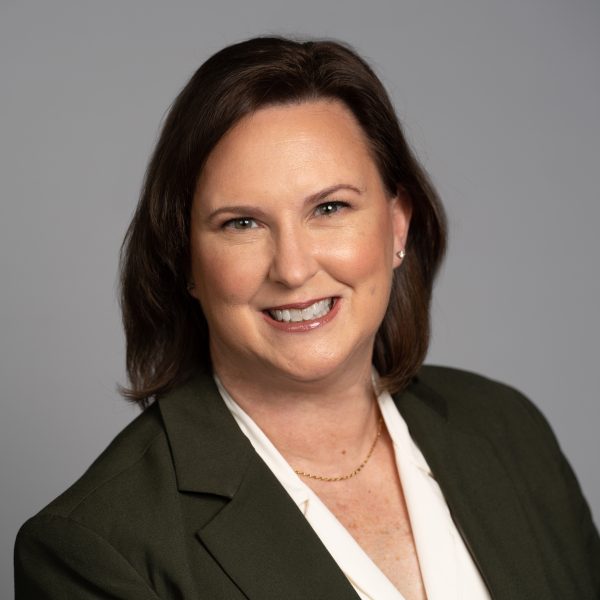
We are excited to celebrate the anniversary of the Protection and Advocacy for Individuals with Developmental Disabilities (PADD) Program.
What is the PADD Program?
Congress established the PADD program in 1975 as the first Protection and Advocacy (P&A) program to protect the human and civil rights of people with developmental disabilities. The PADD program was a part of Developmental Disabilities Assistance and Bill of Rights Act of 1975 in response to the horrific conditions that were exposed at Willowbrook State School. An investigation of Willowbrook, a New York state institution for people with intellectual disabilities, revealed widespread abuse and neglect and sparked a national movement to protect the rights of people with disabilities.
How does PADD Impact the Community?
The PADD program is designed to provide a safety net for people with developmental disabilities and to ensure they have access to the services and supports they need. This includes investigating allegations of abuse and neglect, advocating for the rights of people with developmental disabilities in legal and administrative proceedings, providing information and referral services, and educating the public about the rights of people with developmental disabilities.
For example, DRM’s PADD program has helped draft and advocate for the End the Wait Act, which passed in 2022. Several of Maryland Medicaid’s home and community-based services programs have extensive waitlists, with some applicants waiting up to 10 years to access services. In 2021 there were 3,694 people on the waiting list for Developmental Disabilities Administration (DDA) services, 6,221 children with autism on the Autism Waiver Registry, and over 20,000 people on the Home and Community-Based Options Waiver waitlist (despite there being approximately 1,100 unused slots). The End the Wait Act requires the state to develop a plan to cut the Medicaid waitlists in half by fiscal year 2024.
Additionally, DRM has assisted people with developmental disabilities by helping to shut down an unsafe public residential institution, abolishing the payment of subminimum wage to individuals with disabilities working in the state of Maryland, ensuring that people with intellectual and developmental disabilities have access to vaccines, and spearheading the passage of a Supported-Decision Making bill.
Together with our partners – the Maryland Developmental Disabilities Council and the Maryland Center for Developmental Disabilities – DRM continues to work every day to create a more independent, inclusive and just society for people with developmental disabilities.









